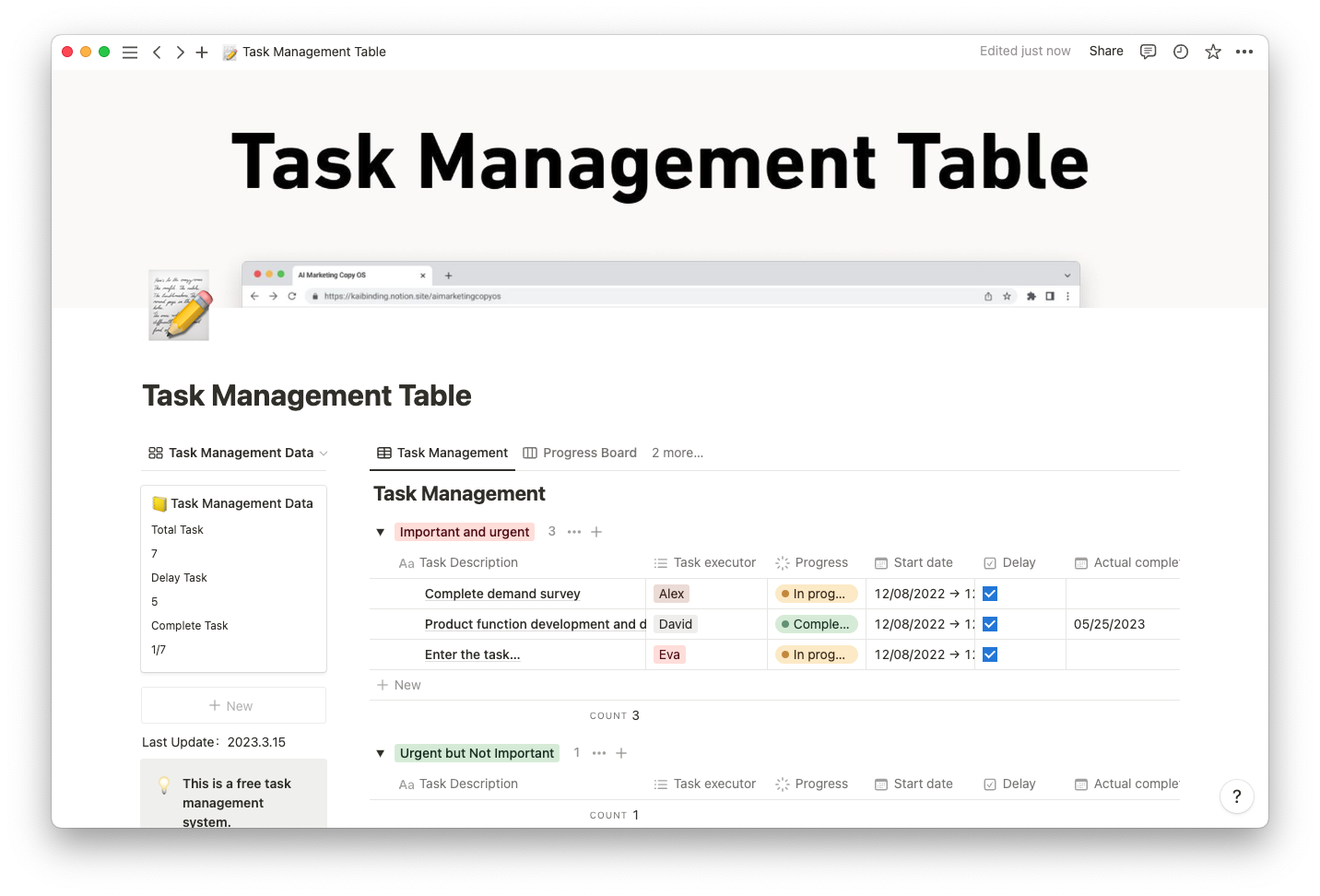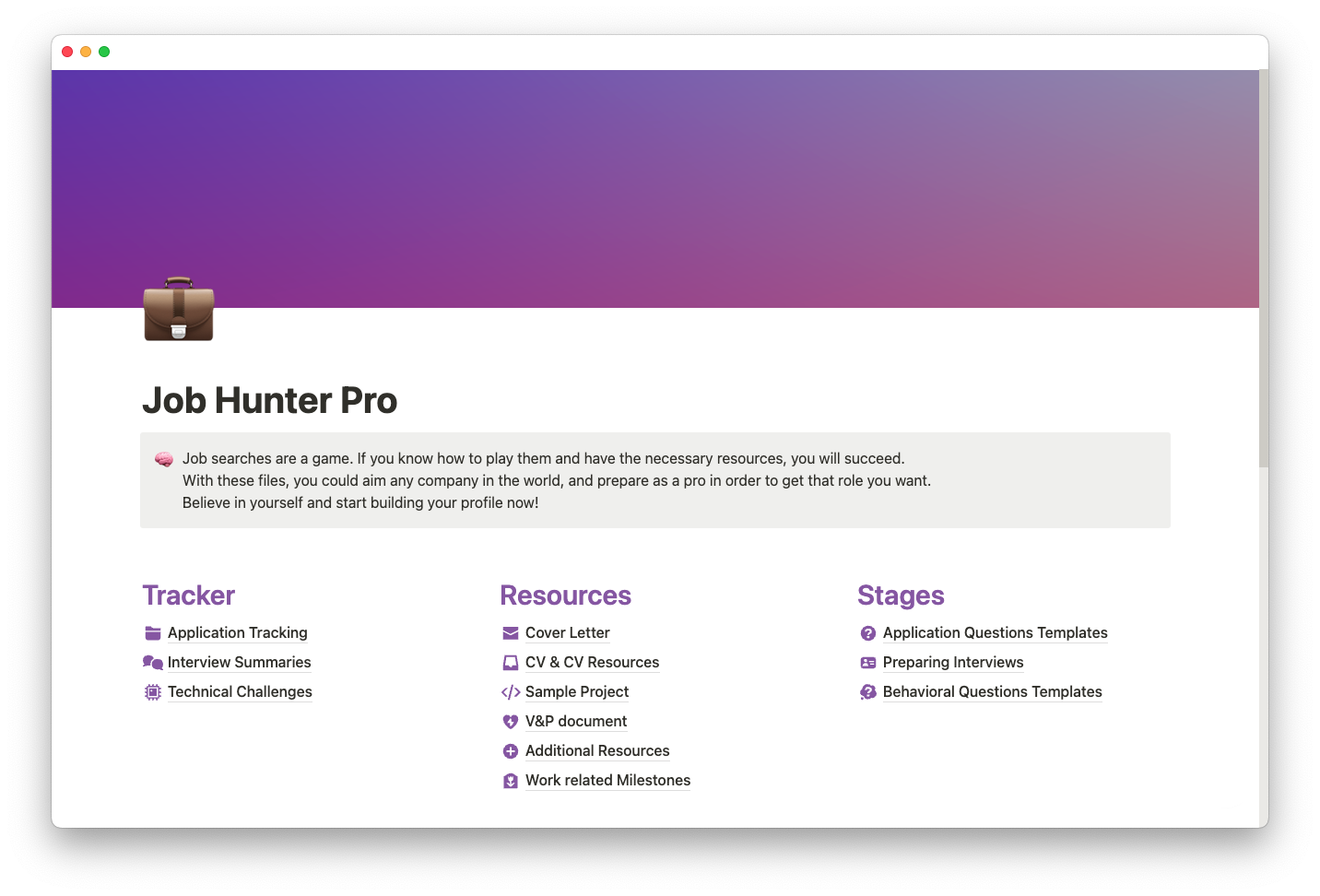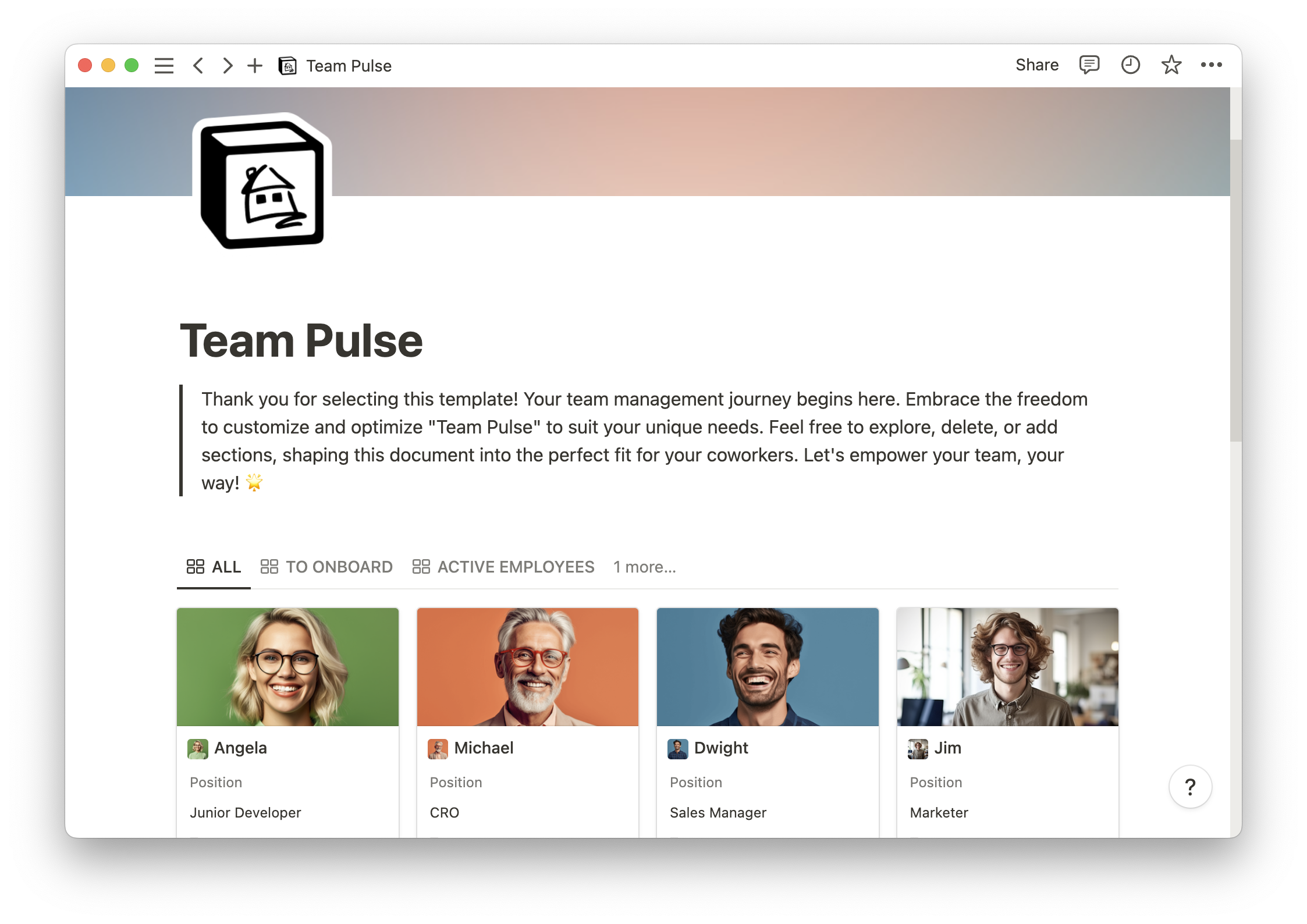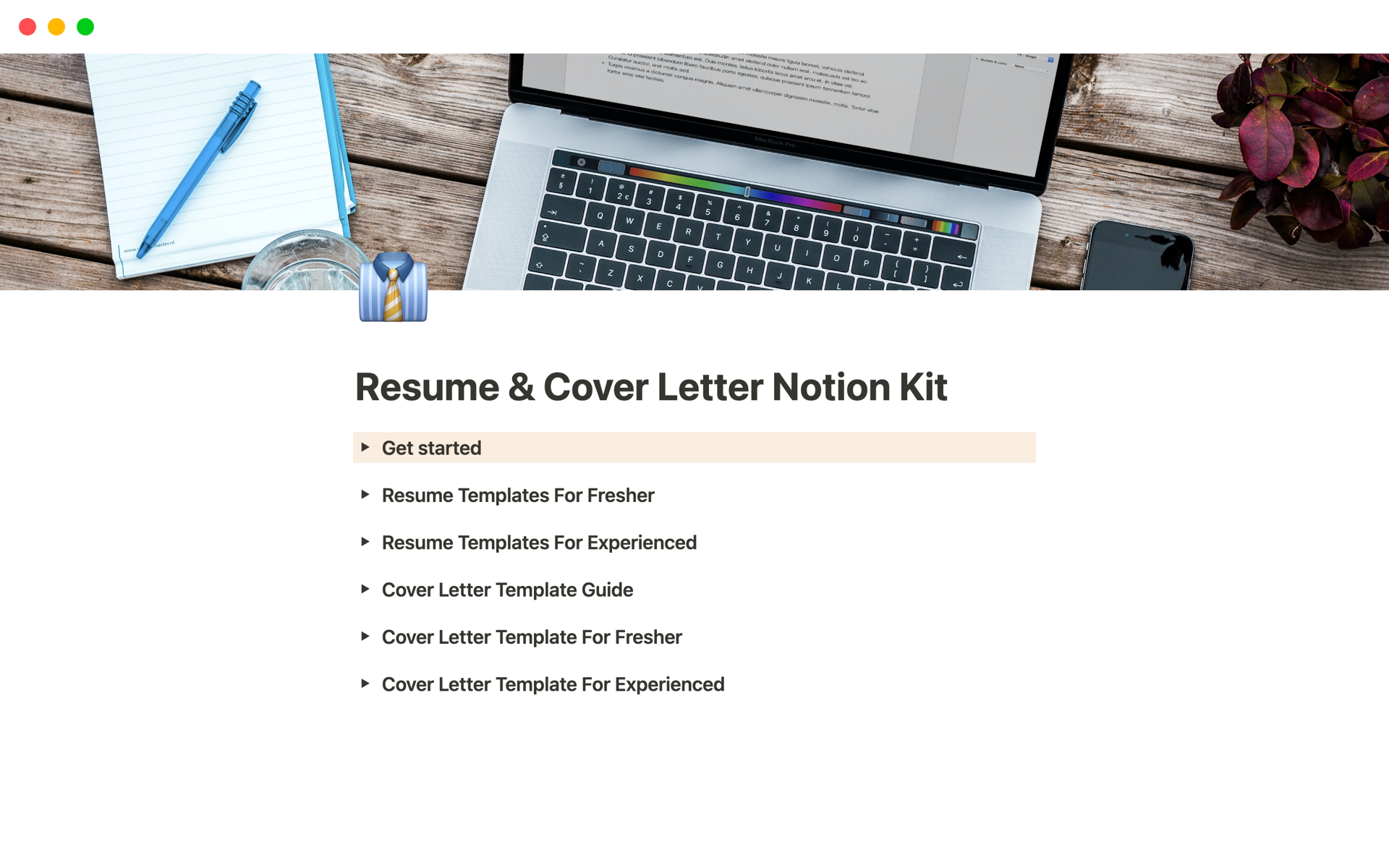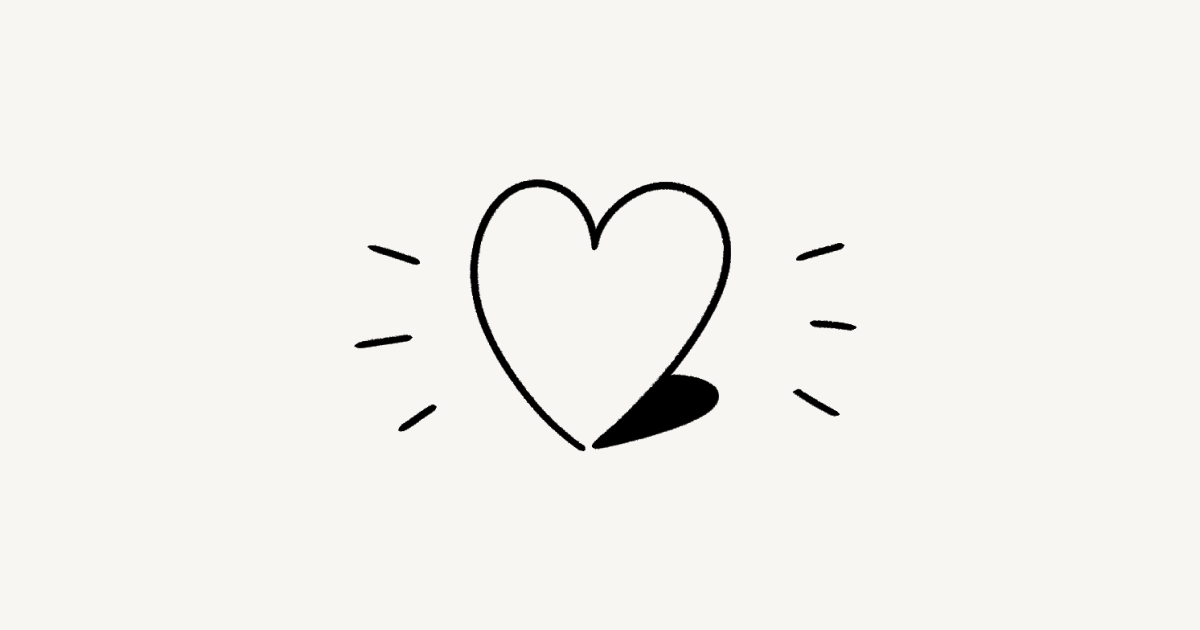Job interviews are a two-way street, with both sides asking strategically-chosen questions to determine whether the role is a good fit.
Not only does asking thoughtful and probing questions to the hiring manager help you evaluate whether you want the role. It also showcases your thoughtfulness, professionalism, and genuine interest. This is your opportunity to shine — but only if you ask the right questions.
Why ask the hiring manager questions?
On top of assessing whether the role’s right for you and showcasing your interest, rehearsing questions before an interview can make you feel better prepared and less nervous. Hiring managers often prompt questions toward an interview’s end, and having great queries prepared will make you feel less put on the spot.
Asking questions also helps you glean company-culture insights, like core values and diversity and inclusion policies, to determine whether you fit with the culture.
15 questions to ask in an interview with a hiring manager
Asking a great question is an art — you want to show interest in the role while encouraging detailed responses without sounding nosy. Here’s a list of good interview questions to ask the hiring manager that meet the assignment. But remember — the best interview questions are tailored to your interests and the specific role:
What role responsibility is most important?
How does this team support the company's general goals and objectives?
What's the typical career path for someone hired into this role?
What do you love about working at this company?
What are your 12-month expectations for this teammate?
What's the most challenging part of working for this company?
What soft skills are you looking for in a candidate?
Does your team primarily work in-office, remotely, or both?
How do you measure success?
What task management software does this team use?
What’s the feedback structure like here?
What’s leadership’s management style like?
What does a typical day look like in this role?
Where do you see this department heading in the next six months?
How would you describe the company culture here?
Tips for asking difficult questions
While asking an interviewer questions can feel intimidating, as this is likely a stranger and gaining the role is on the line, it’s essential to thoroughly understand whether the job is a good fit. Here are a few tips to ease any intimidation and set you up for success:
Be respectful and constructive — frame difficult questions with respect and curiosity rather than criticism. Instead of saying, "Why is employee turnover so high in this company?" you might ask, "I've noticed the turnover rate in the industry is high. Can you share insights into the company's approach to retaining talent?"
Relate to the role — ask questions directly related to the position or company. Suppose you're applying for a marketing role. Instead of asking a generic question like, "Tell me about the company's history," you could ask, "Could you describe the marketing team's recent successes in promoting new products and how my role might contribute to future initiatives?"
Prepare in advance — rehearse your questions to improve clarity and concision. Avoid lengthy or convoluted questions that may confuse the interviewer. You might ask a concise, focused question like, "Could you elaborate on the company's approach to work-life balance and support for employees' well-being?" Try Notion's job interview prep template to organize your preparation.
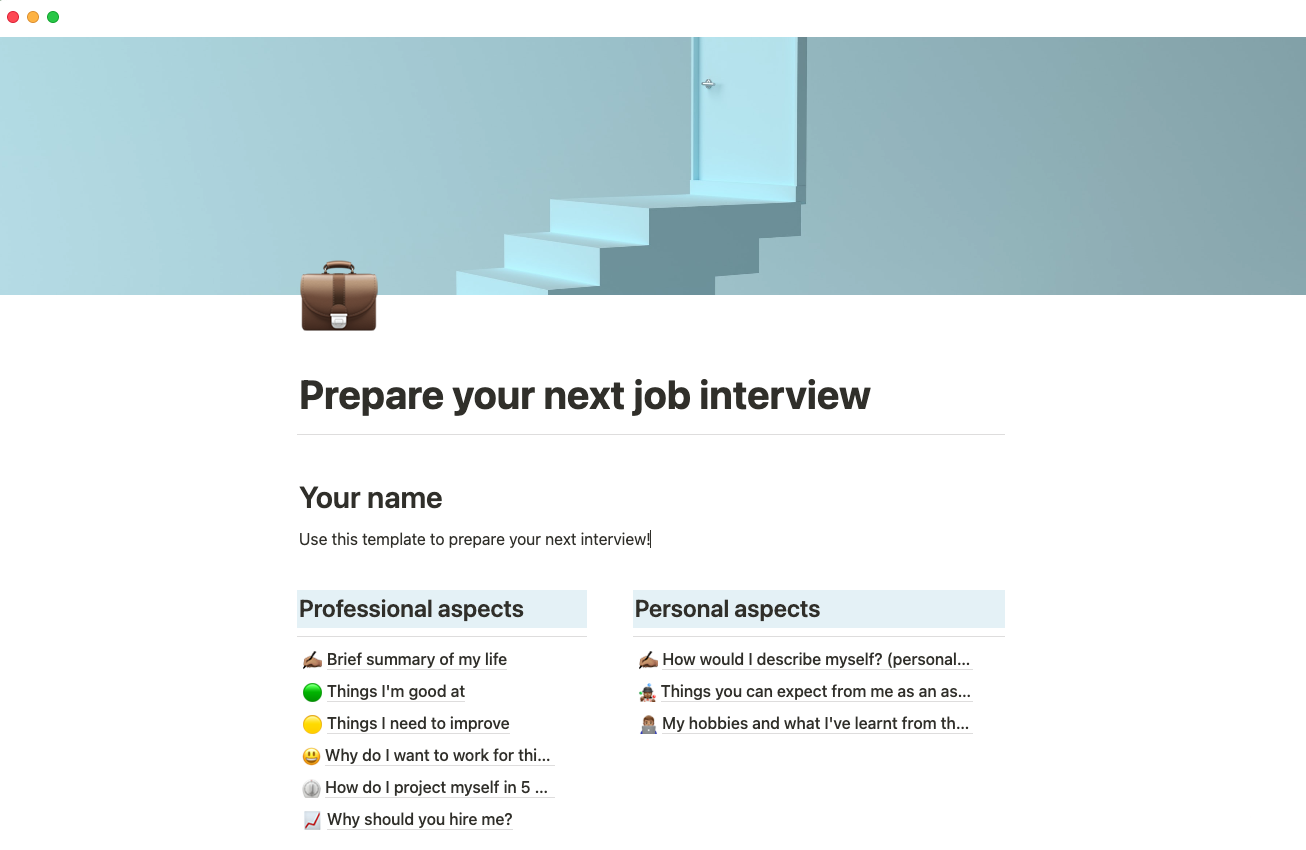
How to follow up after an interview: 3 steps
Your interview isn't over when you walk out the door or end the video call. The post-interview phase is just as crucial as the interview itself. It's an opportunity to reaffirm your interest in the position and leave a lasting impression.
Here's a three-step guide on following up after the interview.
1. Reflect on the interview
Post-call, review your notes to determine whether this role is a good fit. If not, simply email your interviewer to let them know. And if you’re unsure or are very excited about it, you can continue through the application process.
Also consider whether you have any remaining questions you might want to send via email — you can do so in the next step.
2. Send a thank you email
Within 24 hours of the interview, email the interviewer with a personalized communication that expresses gratitude for their time, reiterates your enthusiasm for the role, and mentions something specific from the interview to demonstrate your attentiveness.
Then consider asking a few good interview follow-up questions, like:
What's the next step in the hiring process?
Is there anything you'd like me to clarify or expand upon?
Are there any additional qualifications or experiences you're looking for in the ideal candidate?
3. Check in on your application’s status
Be patient and considerate of the hiring manager's timeline. If they mentioned a specific time for decision-making, wait until that period has passed before following up. Usually, you can send a follow-up email within a week if you haven’t received any updates.
Following up post-interview is a strategic move that demonstrates your continued interest and commitment to the position. Who knows — it could be the final nudge that sets you apart from other candidates and leads to a job offer.
When checking in, remember to always:
Maintain professionalism — regardless of the outcome, always maintain professionalism in your interactions. Even if you don't get the job, a positive impression could lead to future opportunities.
Be prepared for further discussion — when you follow up, be ready for the possibility of further talks, such as a second interview or reference checks. Notion's interview kit template helps you maintain an organized schedule with references ready.
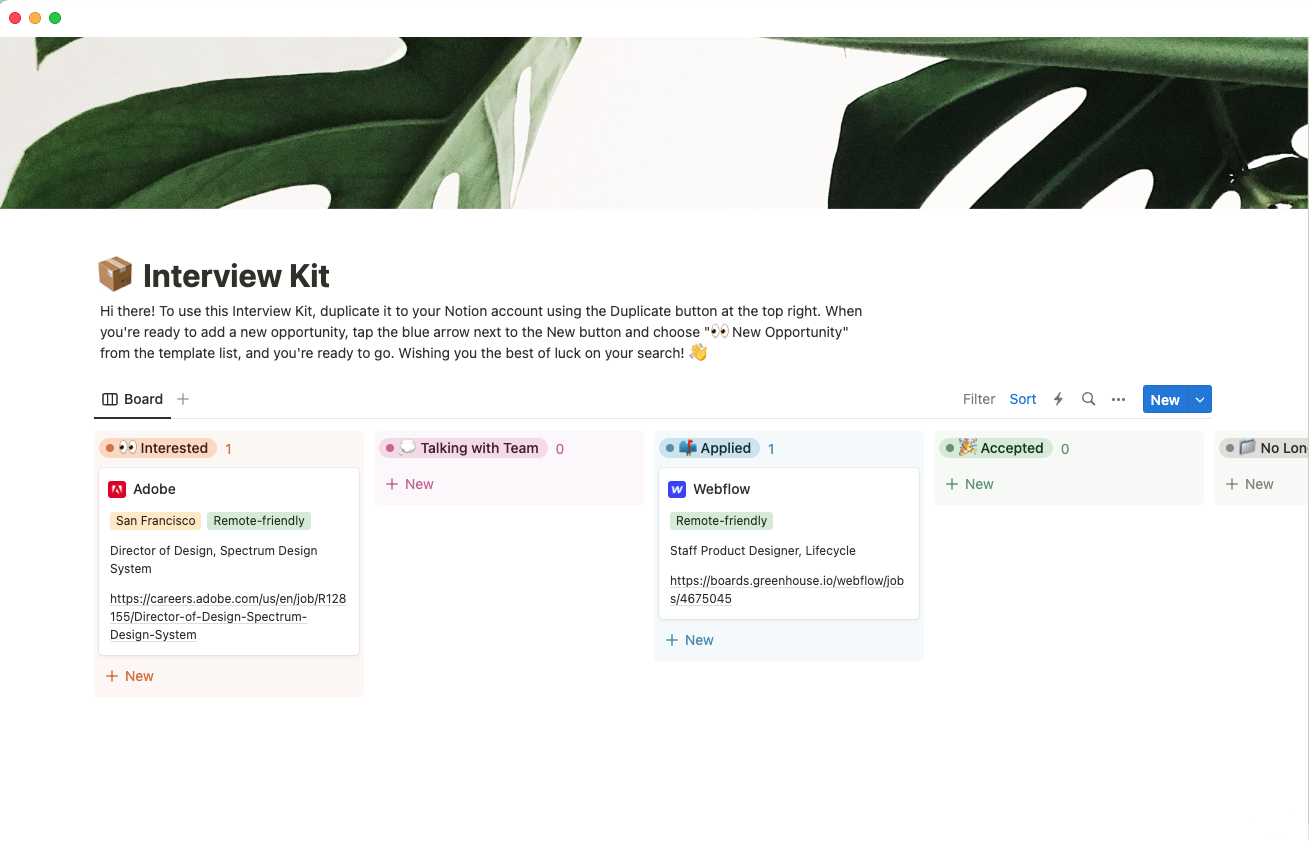
Leverage Notion’s resources to land your dream job
Let Notion be your secret weapon during job interviews. With thousands of customizable templates for building resumes, preparing for interviews, and organizing the job search process, you have everything you need to stand out from other interviewees. Search the template gallery today for something that perfectly suits your needs.


